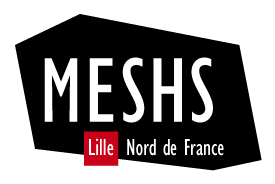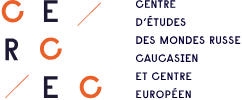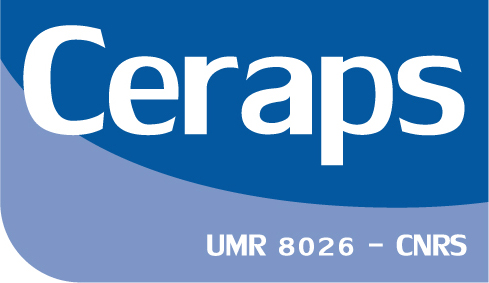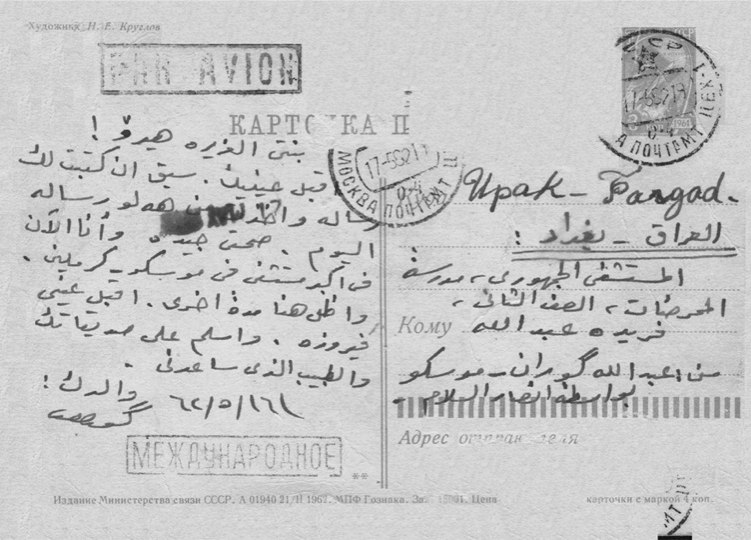RUSKURD Project
Russians and Kurds in the Middle East (late 19th-21st centuries)
Principal Investigator: Etienne Peyrat, Associate Professor, Sciences Po Lille, IRHiS
In a time of increased Russian involvement in Middle East politics, this project aims to study one of its most persistent and paradoxical aspects, the Russo-Kurdish relationship.
Since the conquest of the Caucasus in the 19th century posited Russia as a central actor of the ‘’Eastern Question’’, Russian military, diplomatic and intellectual elites have routinely identified the Kurds as a key player of this ever-changing regional chessboard.
In their constant search for local allies providing auxiliaries and irregulars in the conflicts of the imperial margins, the Russians and Soviets have focused on the military potential of this people, emphasised in the Orientalist imagination of their ‘’Kurdologists’. But this unwavering interest has only been matched by the versatility of concrete Russian policies toward the Kurds.
Feared as Ottoman auxiliaries in the Hamidiye brigades after 1891, used during the First World War, supported at several moments of the Cold War in the Middle East, they were also deported from the Caucasus by Stalin in 1937 and abandoned many times by an ally whom in return they often considered troublesome and chose to act against.
While regional aspects of Kurdish politics and identity, as well as their connections to diasporas spread across Europe, have been increasingly studied, the aim of this project is to retrieve the military, intellectual, cultural and political dimensions of a relationship that contributed to shape both Russia and the Kurds, while building bridges across Eurasia.
Members :
Masha Cerovic, Associate Professor, EHESS, CERCEC
Adnan Çelik, Ph.D. Candidate, EHESS, CETOBAC
Nodar Mosaki, Senior Researcher, Institute of Oriental Studies, Russian Academy of Sciences
Alisa Shablovskaia, Ph.D. Candidate, Sciences Po Paris-Sorbonne Nouvelle




The DATAWAR Project
How data makes us see and expect war: the impact of research practices in quantitative conflict analysis on perceptions of political violence by NGOs, political institutions, and the media.
How are representations of violence influenced by the ‘agency of data’ – that is, the social practices of data collection and analysis in quantitative conflict studies?
Many of the most widely accepted accounts of the causes and dynamics of armed conflict have benefitted from quantitative research, long before the current debates on ‘big data’. The first large n databases ‘measuring’ conflict were built during the behaviourist turn of the 1960s. Since then, publications using large-n datasets have helped to bolster and specify new theoretical propositions such as the decline of interstate conflict since 1990 or the ‘democratic peace’ theses. Furthermore, political institutions, NGOs, and media increasingly rely on insights from quantitative studies to forecast armed conflict and adapt their analytical and normative stances.
However, within the community itself, the validity of insights produced by positivist quantitative conflict research is more and more questioned. Criticism concern the validity of collected data, the quality of the mathematical models used for their statistical analysis, and the practices of dissemination through major scientific journals.
But how does the output of quantitative conflict research really influence practitioner perceptions of armed conflict? The existing political science literature mainly analyses how numbers are instrumentalized by governments to control populations and digitalize the battlefield. For example, quantitative data in international security is used for persuasion, (de)politicisation, and standardisa¬tion. What is missing in this literature are in-depth investigations of the ways in which scientific practices themselves, including the internal logics of data collection and academic publication, shape how practitioners perceive, interpret, and ‘predict’ armed conflict.
The main research question of this project is therefore: how does the ‘agency’ of quantitative conflict data, understood here as the set of research practices associated with the generation, processing, analysis, and scientific dissemination of large n datasets on armed conflict, influence representations of war and resulting predictions and policy proposals in the media, political institutions, and NGOs?
DATAWAR will realize the first systematic investigation of scientific practices in the field of quantitative conflict studies as well as their impact on practitioners’ representation of war, covering the full lifecycle of conflict data, from their collection over their analysis towards their use and dissemination by journalists, NGO representatives, and officials in three major countries actively involved in international crisis management: France, Germany, and the UK.
Many of the most widely accepted accounts of the causes and dynamics of armed conflict have benefitted from quantitative research, long before the current debates on ‘big data’. The first large n databases ‘measuring’ conflict were built during the behaviourist turn of the 1960s. Since then, publications using large-n datasets have helped to bolster and specify new theoretical propositions such as the decline of interstate conflict since 1990 or the ‘democratic peace’ theses. Furthermore, political institutions, NGOs, and media increasingly rely on insights from quantitative studies to forecast armed conflict and adapt their analytical and normative stances.
However, within the community itself, the validity of insights produced by positivist quantitative conflict research is more and more questioned. Criticism concern the validity of collected data, the quality of the mathematical models used for their statistical analysis, and the practices of dissemination through major scientific journals.
But how does the output of quantitative conflict research really influence practitioner perceptions of armed conflict? The existing political science literature mainly analyses how numbers are instrumentalized by governments to control populations and digitalize the battlefield. For example, quantitative data in international security is used for persuasion, (de)politicisation, and standardisa¬tion. What is missing in this literature are in-depth investigations of the ways in which scientific practices themselves, including the internal logics of data collection and academic publication, shape how practitioners perceive, interpret, and ‘predict’ armed conflict.
The main research question of this project is therefore: how does the ‘agency’ of quantitative conflict data, understood here as the set of research practices associated with the generation, processing, analysis, and scientific dissemination of large n datasets on armed conflict, influence representations of war and resulting predictions and policy proposals in the media, political institutions, and NGOs?
DATAWAR will realize the first systematic investigation of scientific practices in the field of quantitative conflict studies as well as their impact on practitioners’ representation of war, covering the full lifecycle of conflict data, from their collection over their analysis towards their use and dissemination by journalists, NGO representatives, and officials in three major countries actively involved in international crisis management: France, Germany, and the UK.

The project explores the hypothesis that the scientific output in quantitative conflict studies is less driven by theoretical innovation than by the ‘politics of data’, that is the availability, reputation, and mathematical malleability of numerical observations of conflict. As a result, we anticipate that perceptions of conflict developed by practitioners who use quantitative conflict research are prone to misperceptions caused by the nature of the available data, by the type of mathematical models used to analyse and potentially ‘predict’ conflict, and by the reliance on a selective subset of available theoretical approaches.
Members :
Frédéric Ramel, Professor of Political Science, Sciences Po Paris, CERI - Principal Investigator
Sami Makki, Associate Professor of Political Science, Sciences Po Lille, CERAPS
Eric Sangar, Associate Professor of Political Science, Sciences Po Lille, CERAPS - Work package coordinator
Thierry Balzacq, Professor of Political Science, Sciences Po Paris, CERI
Ariel Colonomos, CNRS Research Director, Sciences Po Paris, CERI - Work package coordinator
Marine Guillaume, Associate Professor of Political Science, Ecole Polytechnique, LinX
Thomas Lindemann, Professor of Political Science, Ecole Polytechnique, LinX - Work package coordinator
Thomas Lindemann, Professor of Political Science, Ecole Polytechnique, LinX - Work package coordinator







